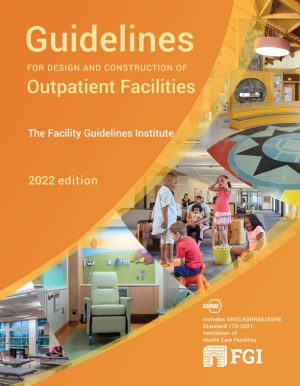An October 10, 2023, MSK press release shared the news that two of MSK’s faculty, Dr. Luis Diaz Jr., MD and Dr. Kojo S.J. Elenitoba-Johnson, MD were elected to the prestigious National Academy of Medicine (NAM). Recognition by the NAM “is considered one of the highest honors in the field of health and medicine and recognizes individuals who have demonstrated outstanding professional achievement and commitment to service.” In celebration of this news, we would like to highlight the Synapse* profiles of both Dr. Diaz and Dr. Elenitoba-Johnson, bringing attention to their influential research publications.
Dr. Diaz, a medical oncologist and expert in applied cancer genetics and immuno-oncology has been with MSK since 2016. In that time, he has authored over 50 articles, including the landmark New England Journal of Medicine paper highlighted in the press release. Looking at our Altmetric and Citation Count trackers, you can see this paper has been cited over 450 times, and has an extremely high Altmetric Score, showing the paper’s popularity in both social media and news outlets.
Dr. Elenitoba-Johnson, a physician-scientist and leader in the fields of hematopathology and molecular genomic pathology, as well as translational research utilizing genomics and mass spectrometry-driven proteomics, joined MSK in 2022. His Synapse profile reflects his publications authored with MSK since 2022, but using the “dashboard” tab of his profile, you can follow the link next to “Scopus Author ID” to link out to his full publication list captured by Scopus, showing 191 papers that have been cited over 10,000 times. 
We join the MSK community in congratulating both Dr. Diaz and Dr. Elenitoba-Johnson on their achievements.
*Synapse is the authoritative database of MSK authors and their publications, managed by the Medical Library.
Contact us for more information.
 The 2022
The 2022  The 2022
The 2022 
